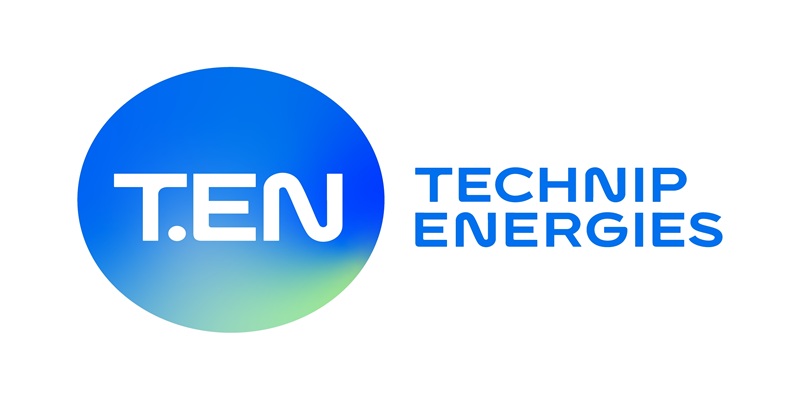Schedule a Call Back
Alang-Gujarat’s ship recycling industry eyes 10% CAGR by CY28
 Industry News
Industry News- Oct 10,24
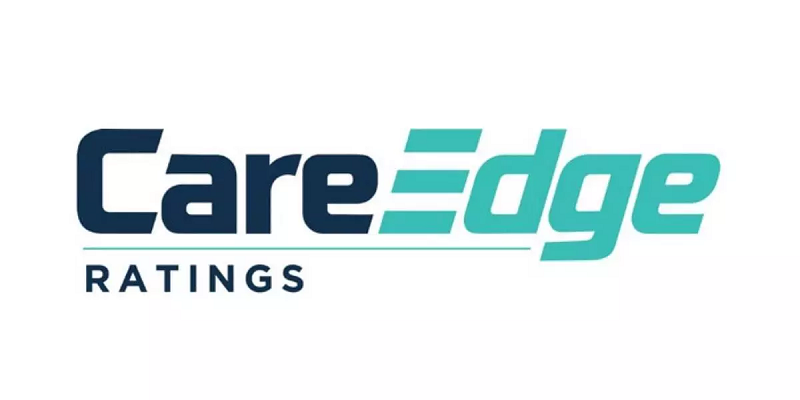
Related Stories
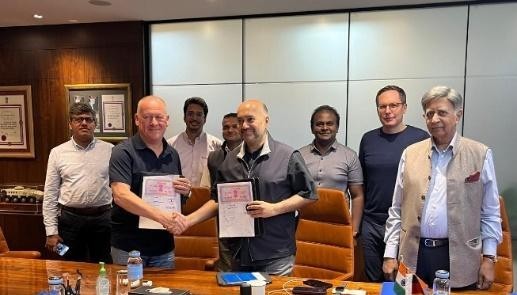
Bharat Forge and Agile Robots sign MoU to Advance AI-Led Industrial Automation
The MoU brings together Bharat Forge’s manufacturing expertise and Germany-based Agile Robots’ AI-led robotics capabilities to accelerate intelligent automation across key civilian industrial se..
Read more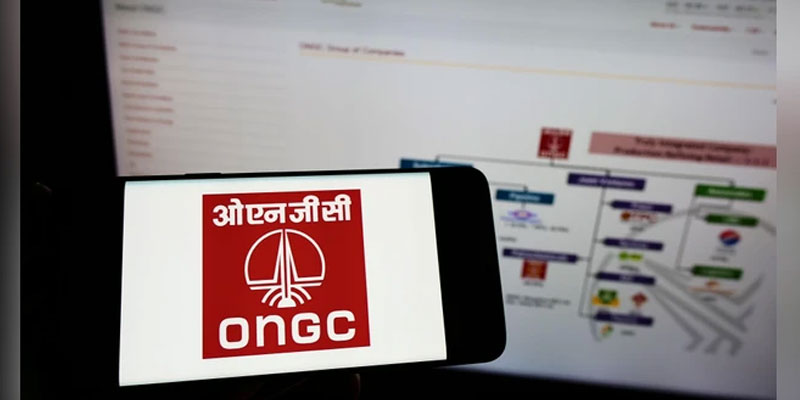
ONGC to Take 50 per cent Stakes in Ethane Shipping JVs
Partnership with MOL to operate US–India ethane carriers
Read more
Vibrant Kutch Programme Secures Rs 85bn in MSME MoUs
District event boosts investment and growth in Gujarat’s Kutch
Read moreRelated Products
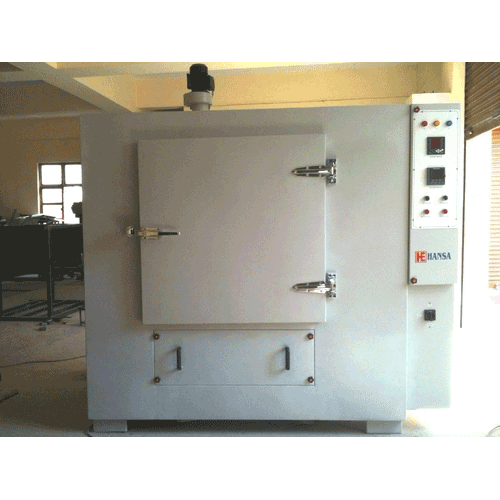
Heavy Industrial Ovens
Hansa Enterprises offers a wide range of heavy industrial ovens.
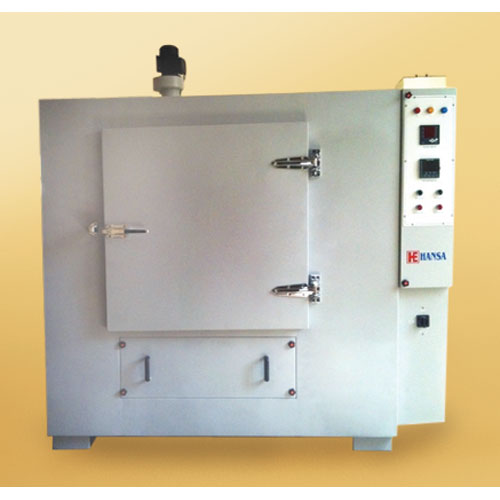
High Quality Industrial Ovens
Hansa Enterprises offers a wide range of high quality industrial ovens. Read more
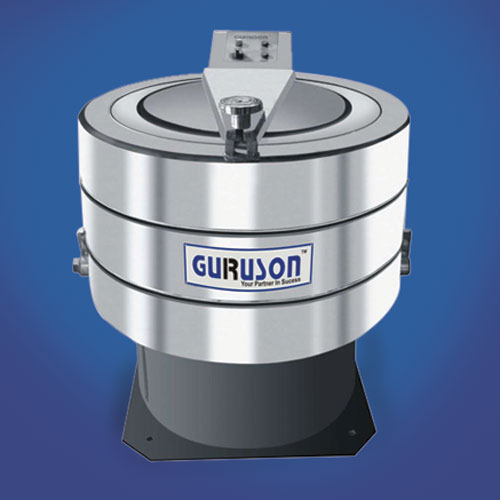
Hydro Extractor
Guruson International offers a wide range of cone hydro extractor. Read more







